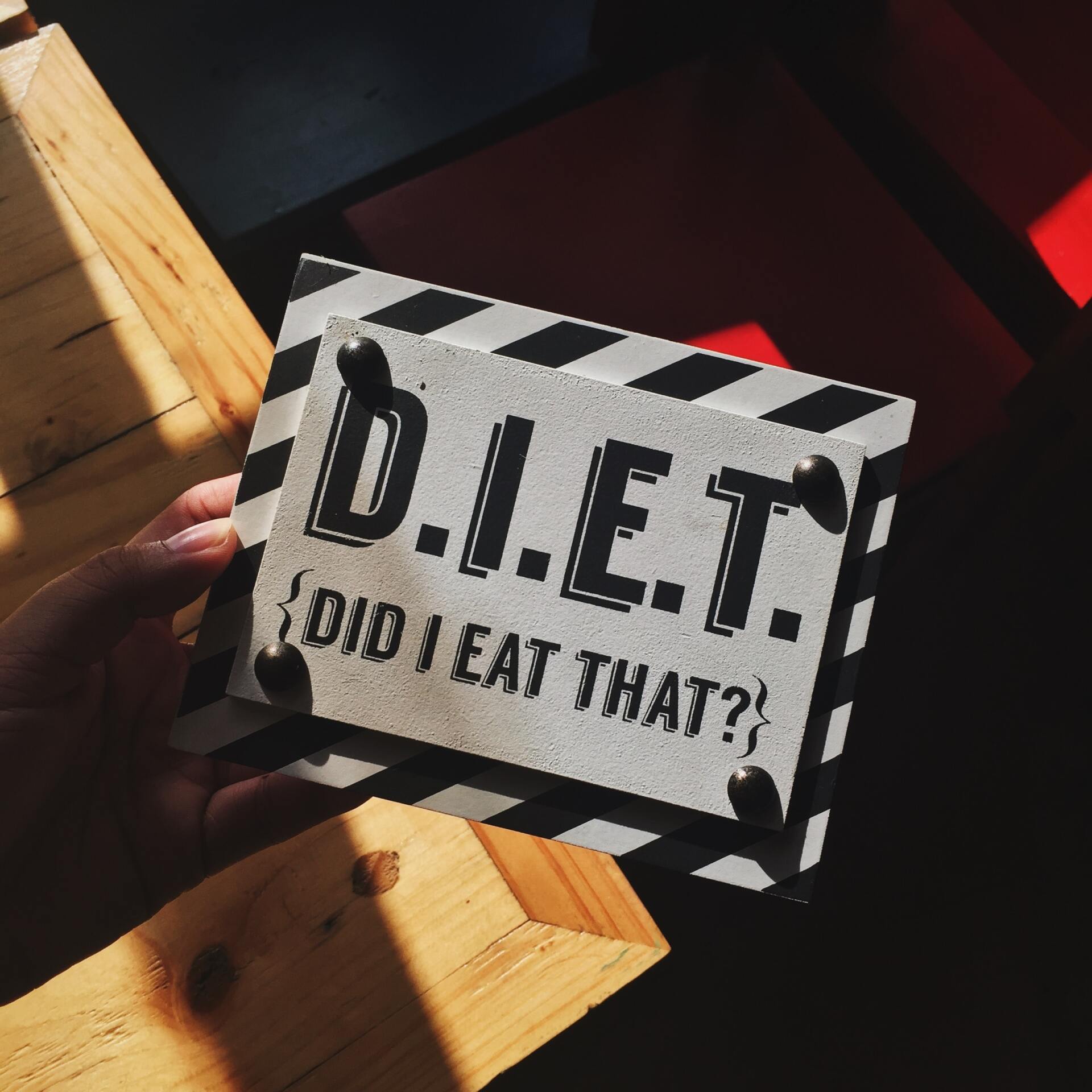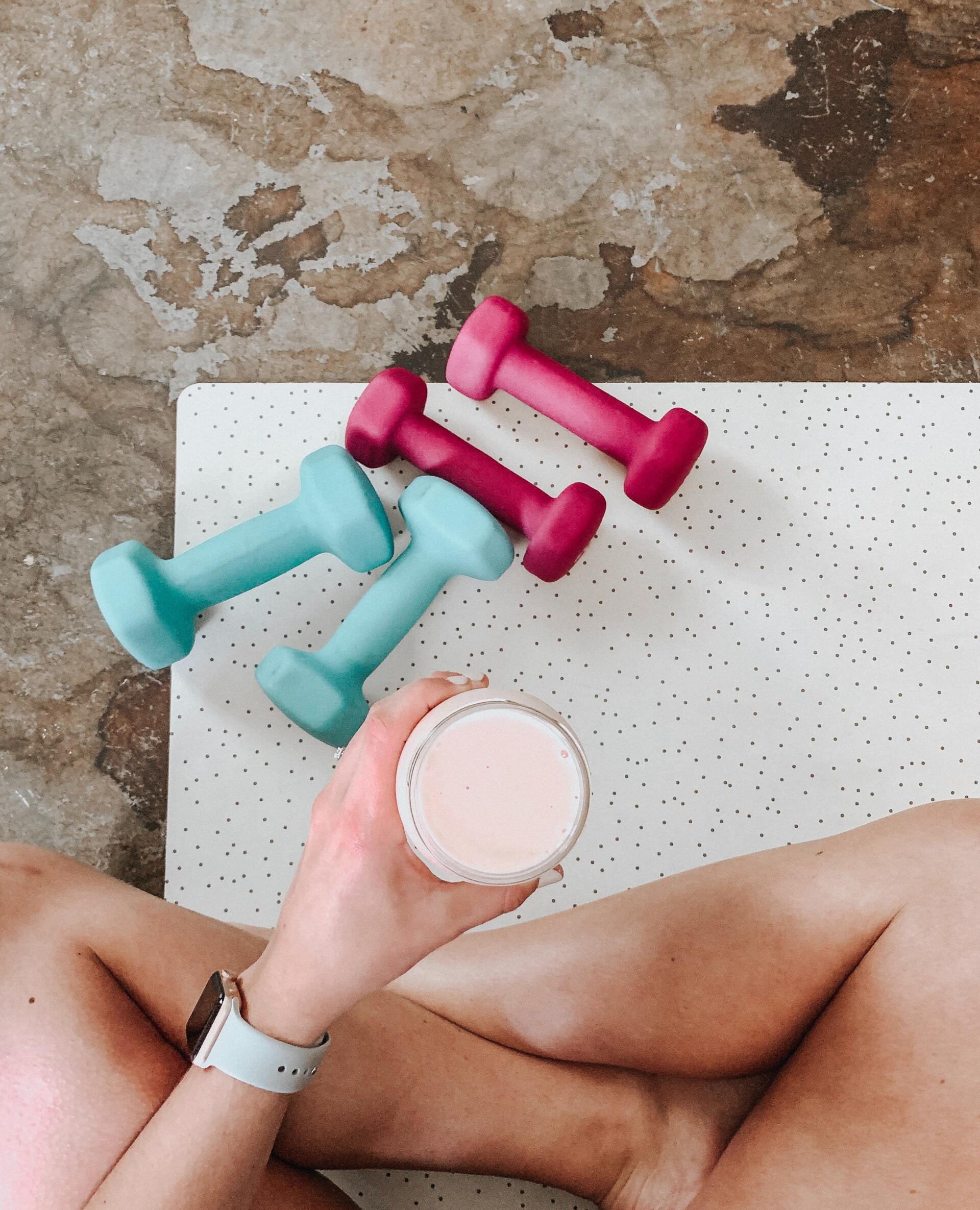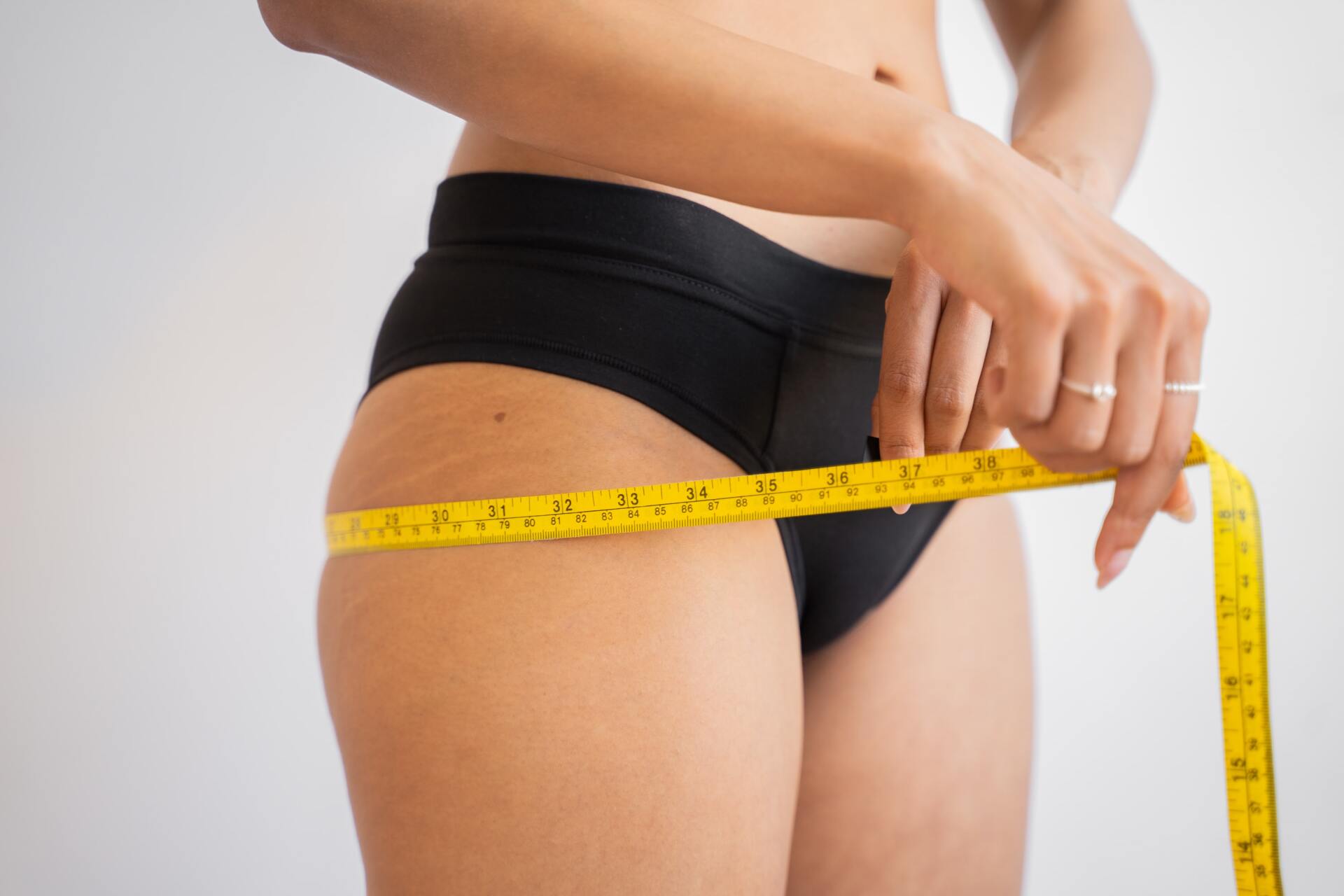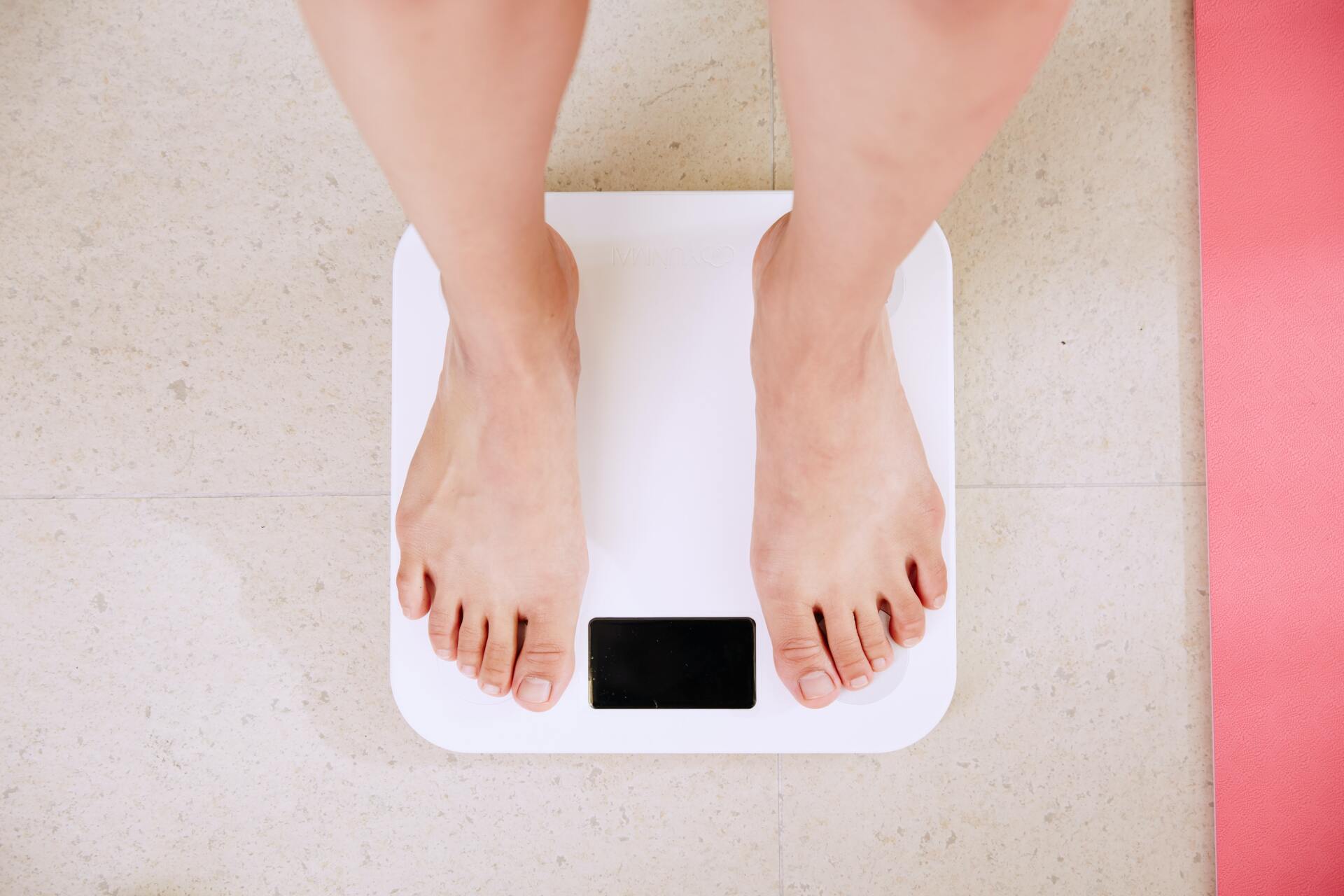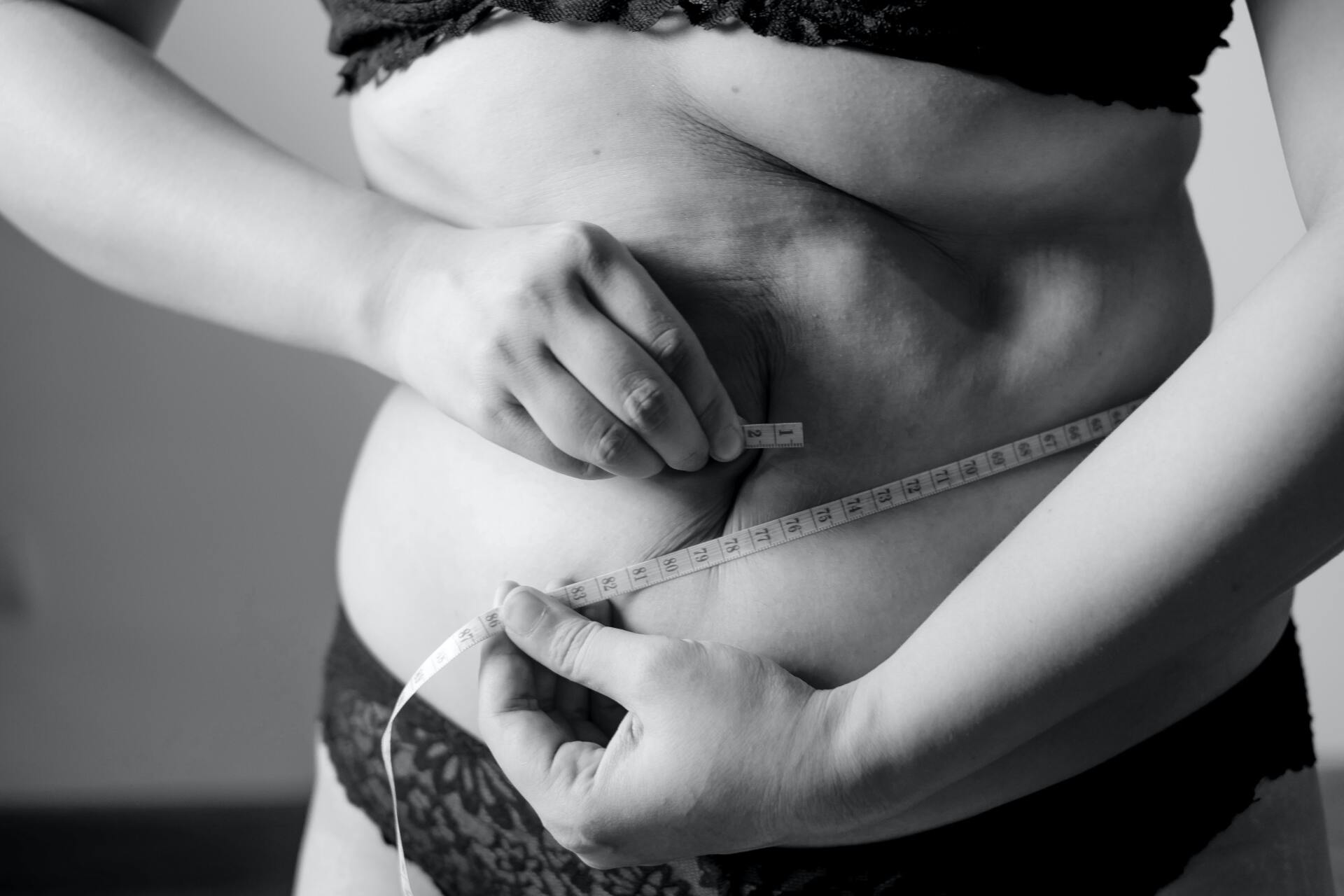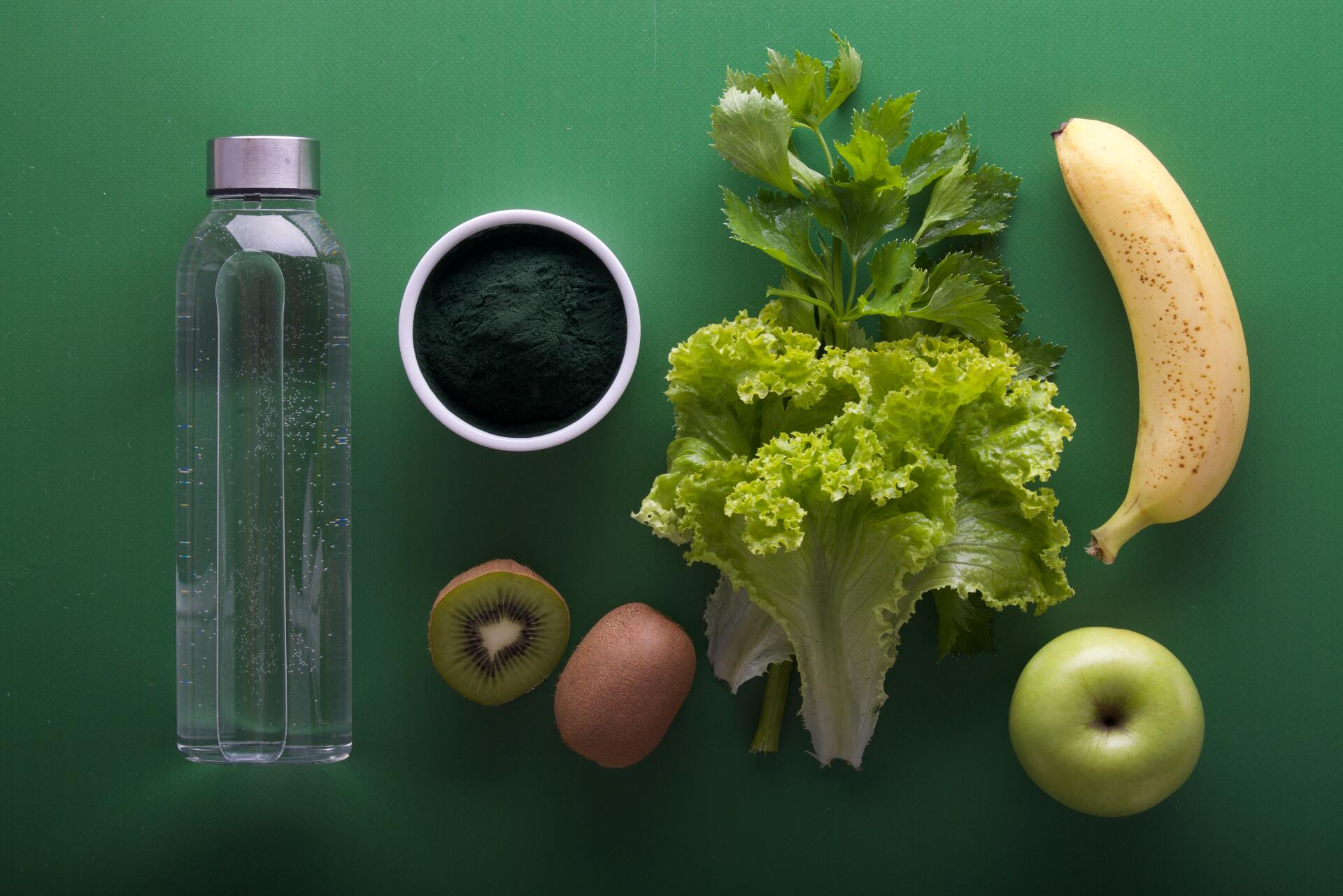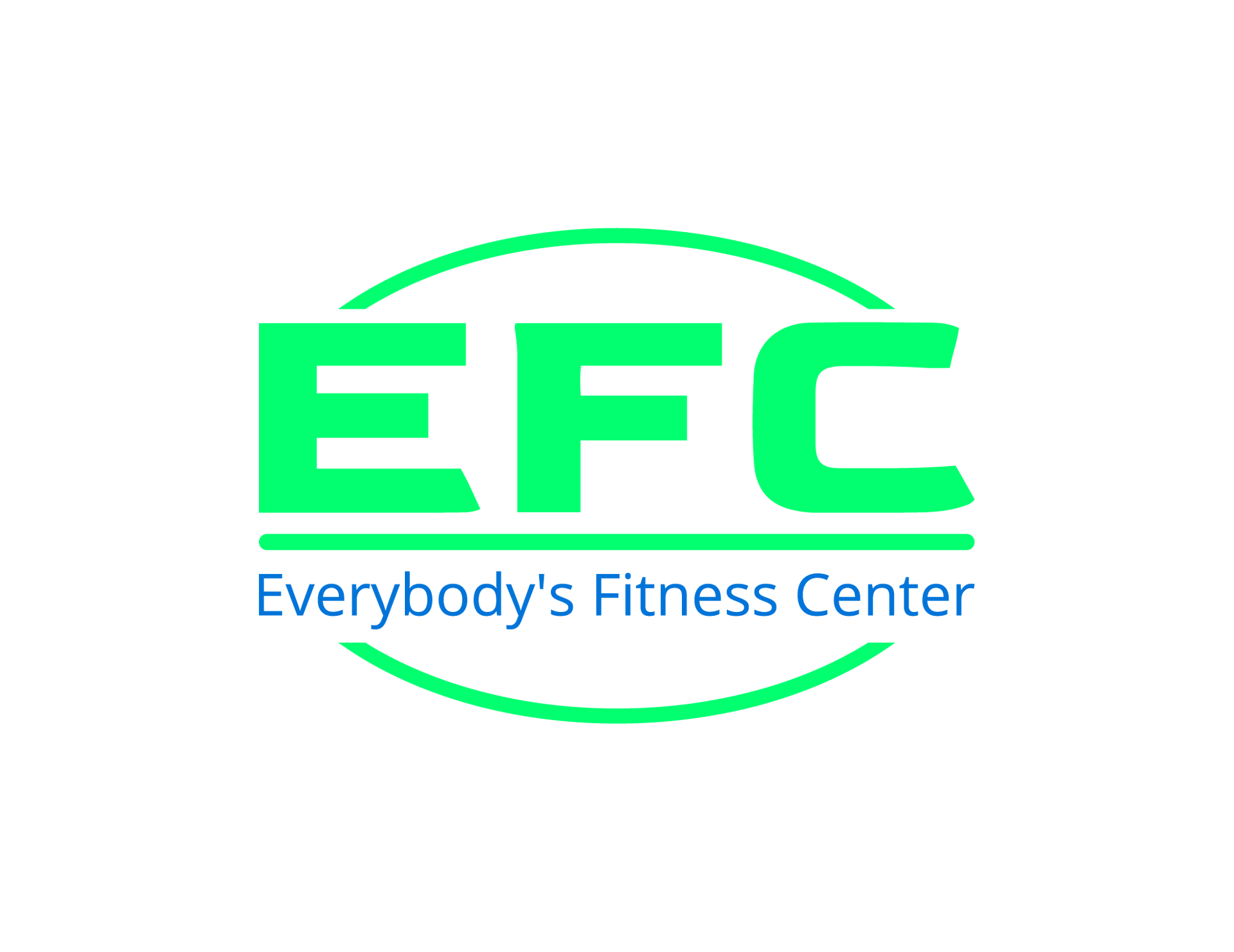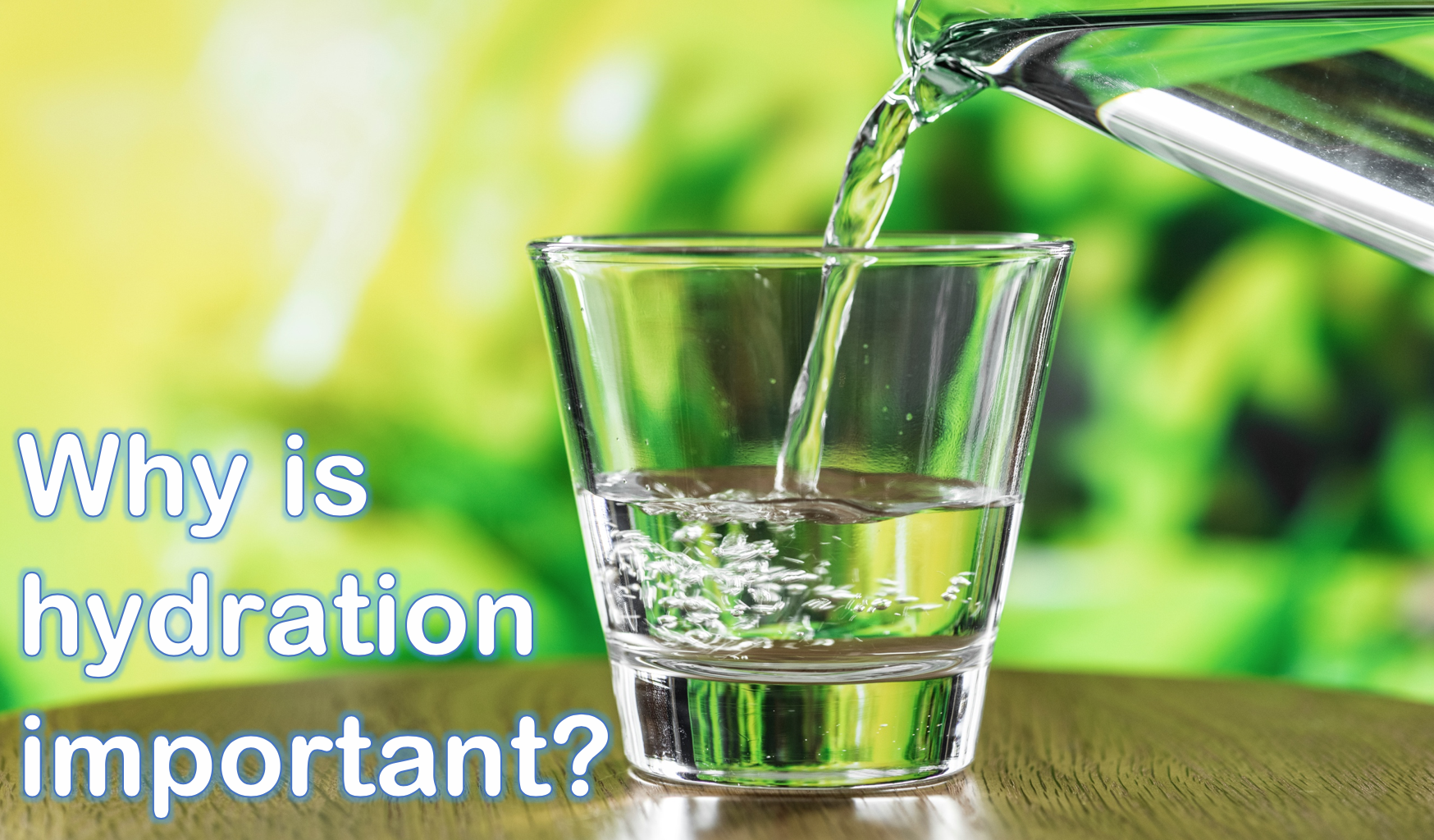A Simple tool to use to aid in weight loss
Why is hydration important?
When we think about weight loss or increasing our healthy behaviors, many people immediately think about diet and exercise. Water, in addition to food, is an integral component of developing positive behaviors. 64 ounces of water, or eight glasses of eight ounces at a time, is frequently suggested as an appropriate amount of water to drink per day. However, some people may require more than this, depending on body type and gender, the weather and climate, activity level, any diuretic medications, etc. Water-dense foods, such as apples, watermelon, and cucumbers, can help supplement intake.
Water can influence the functioning of almost every part of our bodies. If you are not drinking enough, digestion and the overall bowels can be impaired, frequently leading to constipation, cramping, and nausea. At the same time, drinking enough water may actually make people eat less, as thirst cues can be mistaken for hunger cues.
Not all liquids are created equal. You may be consuming diuretics, or substances that cause the body to eliminate more water than usual, without even realizing it. Alcohol, caffeinated drinks, and certain medications can often lead to excess urination and water loss. Conversely, flavored drinks, such as sports drinks, juice, soda, and other “fun” drinks such as flavored coffees from Starbucks, may have more calories than you realize. If you are trying to lose weight, you may benefit from looking at everything you drink, evaluating their caloric density, and reestablishing whether or not those drinks feel productive to you. Some popular alternatives are:
●Like soda? Try seltzer or putting produce in your water, such as lemon, mint or cucumber
●Like juice? Make a smoothie! When whole fruits and greens are blended rather than juiced, they retain their fiber content. Smoothies are often more nutritious than store-bought juice, which can often contain added sugar or artificial flavoring
●Love coffee, but hate the thought of decaf or drinking it black? Try making it at home, checking the menu for lower calorie options, or try something new. If you are hooked on caffeine, maybe try out caffeinated tea, instead. You may find that it affects your body in a different way.
In addition to aiding digestion, proper hydration can also affect how well your heart pumps blood. If you are drinking enough water, your heart will be able to move blood more effectively, thus allowing your muscles to work better as well. Cognitive function, flexibility, enhanced performance, mental clarity, energy levels, and more adequate nutrient absorption are all linked to hydration levels.
In order to figure out whether or not you are drinking enough water, think about the following questions:
●Am I drinking at least 64 ounces of water a day? (not including caffeinated drinks, ideally just plain water)
●What color is my urine? Is it clear to light yellow (great!)? Is it dark (an indication of dehydration)? (important note - some medications may cause your urine to change colors: https://my.clevelandclinic.org/health/diseases/15357-urine-changes )
●After a sweaty workout or throughout a hot summer day, am I replenishing the water I have lost?
●Am I eating foods that naturally contain water?
●How is my digestion? Am I constipated? (if yes, try increasing your water - if you are still having issues, please seek the advice of a medical professional)
If you are interested in further researching this topic, this literature review is a fantastic resource:
https://www.ncbi.nlm.nih.gov/pmc/articles/PMC2908954/
Click here for a shorter, simpler review on hydration: https://ksi.uconn.edu/prevention/hydration/#
